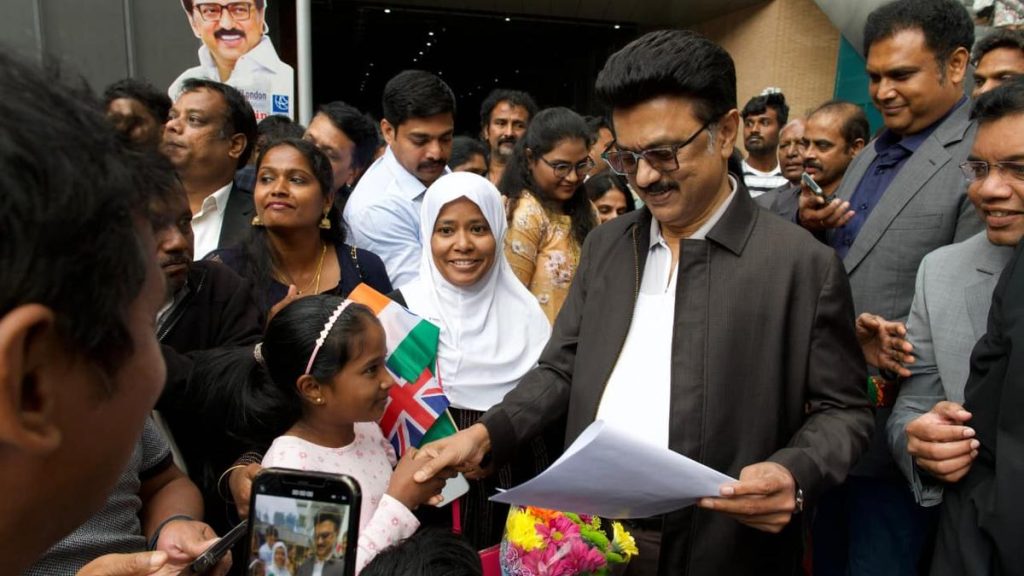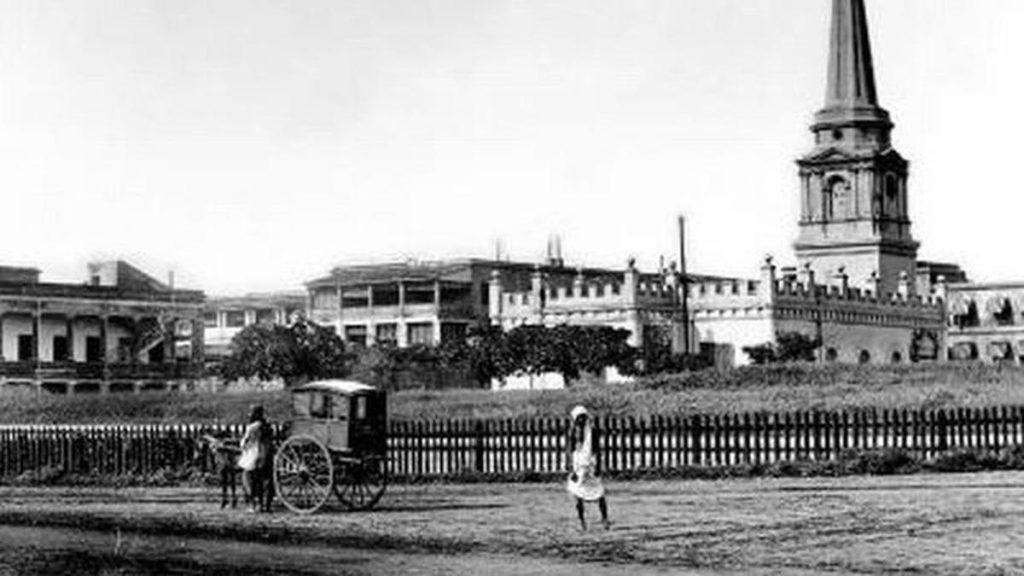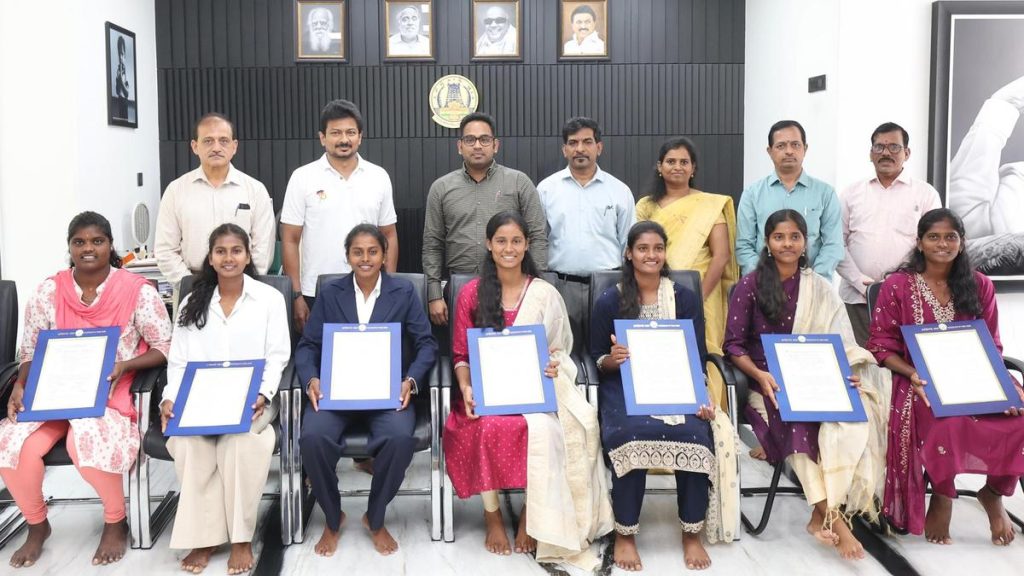Now Reading: KTR Urges Govt to Lobby Centre for 42% BC Quota
-
01
KTR Urges Govt to Lobby Centre for 42% BC Quota
KTR Urges Govt to Lobby Centre for 42% BC Quota
Swift summary
- K.T. Rama Rao, BRS working president and MLA, urged the Congress government to focus on lobbying the Central government to enhance reservations for Backward Class (BC) communities rather than simply passing Bills in the assembly.
- Speaking during a debate in the Assembly,Mr. Rama Rao highlighted that lifting the 50% cap on local body election reservations requires Center clearance and cannot be resolved at a State level.
- He criticized attempts by the government to “hoodwink” BCs by not addressing legal obstacles for implementing proposed 42% reservations.
- According to Mr. Rama Rao, increasing reservations requires a Constitutional amendment since Supreme Court’s Constitutional Bench previously capped them at 50%.
- The BRS leader criticized changing positions of Congress leadership on this issue, pointing out inconsistencies ranging from mentioning ordinances and bills to conditionalities tied to Rahul Gandhi becoming Prime Minister.
- He contested claims about reservation ceilings being part of constitutional clauses and expressed dissatisfaction with restricted debates in legislative sessions.
Indian Opinion Analysis
The debate over increasing BC community quotas highlights longstanding complexities surrounding reservation policies in India. As argued by K.T. Rama Rao, achieving enhanced quotas beyond 50% requires navigating both judiciary limitations (stemming from Supreme Court rulings) and legislative frameworks (that require Constitutional amendments). His criticism underscores challenges in harmonizing political promises with constitutional obligations.
The call for intensified lobbying at Central levels instead of merely proposing State-level solutions emphasizes pragmatic governance over symbolic legislation-key given India’s layered federal structure. ensuring clarity and consistency across parties would reduce public confusion regarding implementation pathways for critical societal changes affecting marginalized communities.
Read more: the Hindu story
























